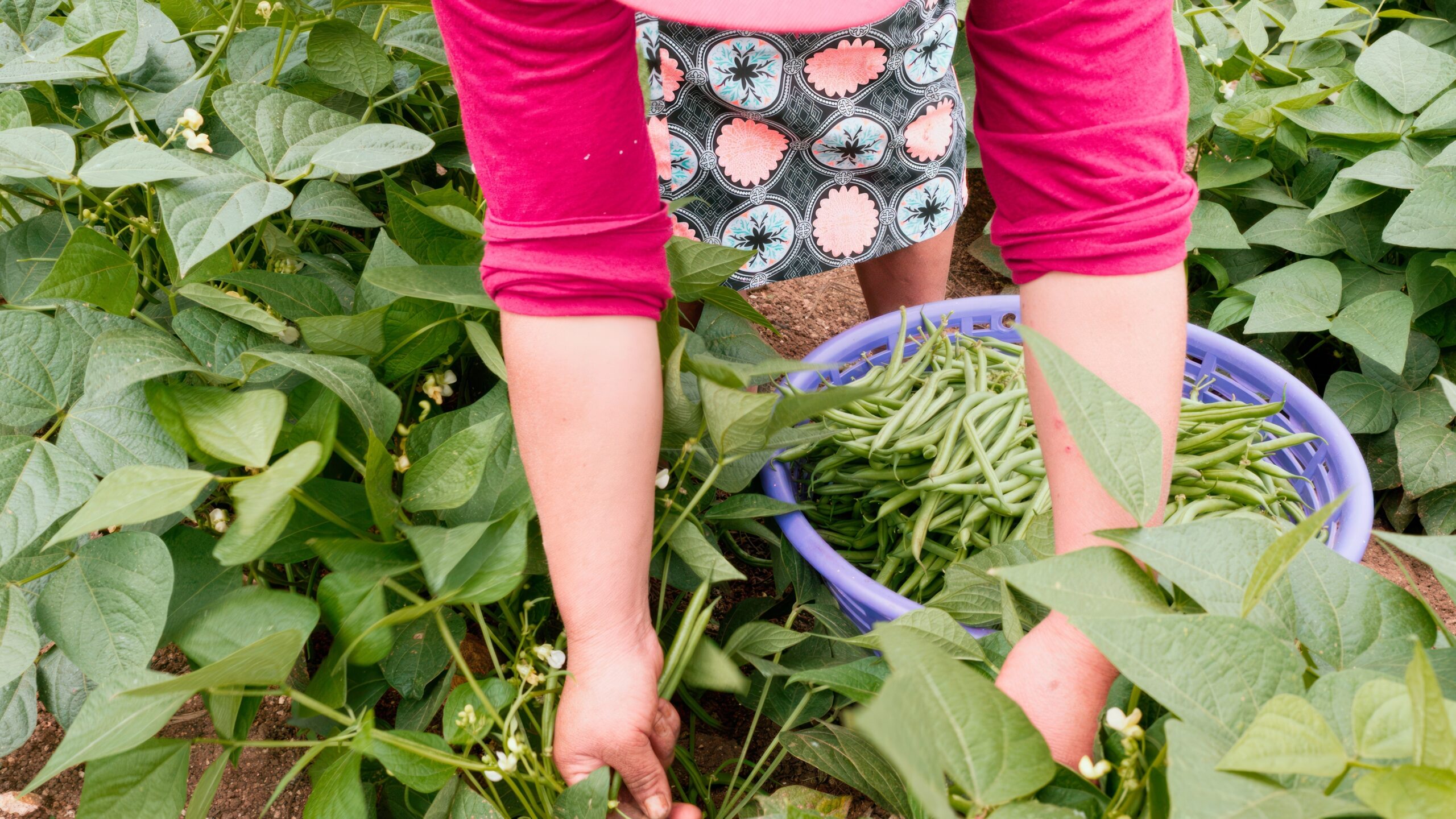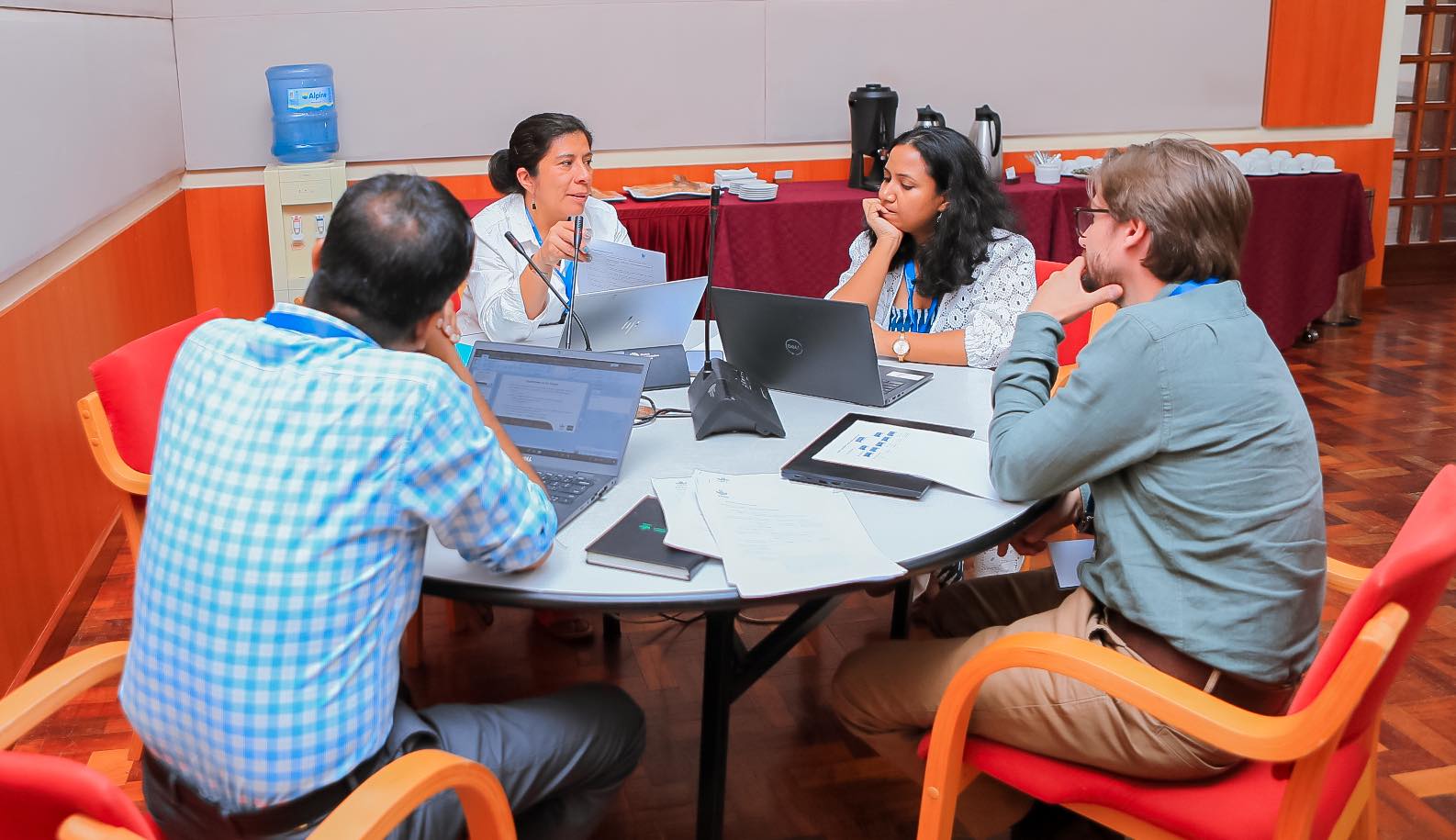The great hope that rose from the Arab awakening is being continually tested—not only by ongoing political unrest, but also by lesser known forces: volatile food prices and supplies, and grinding poverty. Translating hope to better lives rests on effective policy—and effective policy rests on access to adequate and accurate information, also in scarce supply in the region. For instance, only around half of the region’s countries make poverty figures publicly available, and the frequency and accuracy of those figures varies widely.
Enter Arab Spatial, an online information storehouse that aggregates food security and development information from the region’s governments as well as international institutions. The tool displays the data on maps that users can zoom in on to the regional, national, sub-national, and even the pixel level. Users can then build and print their own maps overlaid with information of their choosing.
Users can click through the 22 countries of the Arab world to view information on 100 indicators, including those related to:
- macroeconomics and governance
- trade
- agriculture, water, and energy
- poverty, health, nutrition, and access to services
- population and income
The tool, developed by IFPRI with support from the International Fund for Agricultural Development (IFAD) and the CGIAR Program on Policies, Institutions, and Markets (PIM), can be used by anyone, but will be particularly helpful to researchers, decisionmakers, policymakers and advisors, journalists, policy research institutes, and analysts—who can also contribute their own data to the tool.
IFPRI is also making some of the data behind the maps available as Linked Open Data (LOD), which means that institutions can capture the information and create new knowledge products with it.
“There’s a strong need to improve the quality of data, and people’s access to data, in the Arab world,” said Clemens Breisinger, IFPRI’s project leader for the Middle East and North Africa region and co-designer of the tool. “Allowing policymakers and researchers to access and share data in the region will ultimately result in a better understanding of how to combat poverty and food insecurity.”
Arab Spatial is open-source and open-access, and welcomes data contributions.







